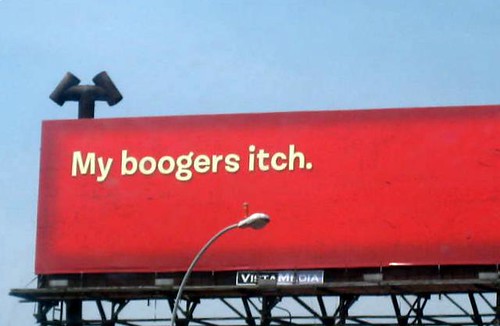Is there a smell that promotes good behavior?
predicted, participants in the clean-scented rooms returned significantly more money than those in the baseline condition, t(26) = 2.64, p = .01, d = 1.03 (see Table 1). The clean scented room led participants to resist exploitation and reciprocate the trusting behavior of the sender. Source: "The Smell of Virtue, Clean Scents Promote Reciprocity and Charity" from Psychological Science Join over 190,000 readers. Get a free weekly update via email here. Related posts: How To Stop Being Lazy And Get More Done – 5 Expert…
1 min read
Should “carpe diem” be our motto?
u will not have more time next week, and, as a very interesting New York Times piece explains, we never seem to remember that fact: There is never enough time or money; this much we all know. Yet a new study finds that when people estimate how much of each they will have in the future, they are consistently more likely to overestimate their time than their dollars. Dr. Gal Zauberman of the University of North Carolina and Dr. John Lynch of…
3 minutes
This Is An Easy Way To Boost Your Learning Ability
ps: In the recent UC Berkeley sleep study, 39 healthy young adults were divided into two groups - nap and no-nap. At noon, all the participants were subjected to a rigorous learning task intended to tax the hippocampus, a region of the brain that helps store fact-based memories. Both groups performed at comparable levels. At 2 p.m., the nap group took a 90-minute siesta while the no-nap group stayed awake. Later that day, at 6 p.m., participants performed a new round…
1 min read
What are proven tips that will help you achieve your goals?
rst, here's what doesn't work: By comparing the techniques of successful and unsuccessful resolution makers, he came up with a list of tips for staying the course when making changes in one's life. People who failed tended to dwell on the ''bad things'' that would happen if they did not achieve their goal, said the professor. They were likely to remove temptation from their surroundings, adopt role models, fantasise about being successful, and rely on will power. ''Many of these ideas are frequently…
2 minutes
Taking Her Husband’s Name Costs A Woman Half A Million Dollars
men who take their husband's name are seen as warmer but less competent. They're also less likely to be hired for a job and will make about $500,000 less over the course of their lifetime: Marital name change is not without consequences. Women who took their partner's name appear to be different from women who kept their own name on a variety of demographics and beliefs, which are more or less associated with the female stereotype (Study 1). Subsequent studies…
2 minutes
Fast, easy tricks to avoid spending too much while shopping:
N has an excellent piece that distills research from behavioral economics and cognitive biases to help us avoid overspending. My takeaways are: Buying a lot in one store can decrease your sensitivity to the pain of cost, says Loewenstein. "You hit the what-the-heck effect: You've spent $200; what's another $20 for a T-shirt?" He recommends going to various stores for different purchases. We overreact to discounts: "Even psychologists confess that they've been seduced." The anticipation of getting a good deal,…
2 minutes
How to easily increase your willpower:
st a little bit of practice every day: Self-control performance may be improved by the regular practice of small acts of self-control. Ninety-two adults’ self-control capacity was assessed using the stop signal paradigm before they started practicing self-control and again at the end of 2 weeks. Participants who practiced self-control by cutting back on sweets or squeezing a handgrip exhibited significant improvement in stop signal performance relative to those who practiced tasks that did not require self-control. Participants who did not practice…
1 min read
Can one product catch “cooties” from another?
a Science Daily: ...ordinary products that can evoke feelings of disgust in consumers include trash bags, cat litter, diapers, cigarettes, mayonnaise and shortening. "Because these products are so common, consumers are likely to experience feelings of disgust on routine shopping trips," Fitzsimons said. Fitzsimons and Morales sought to understand how "disgusting" products can affect consumers' opinions of other products in their grocery carts. They performed a series of experiments in which participants observed food products placed close to or touching…
2 minutes








